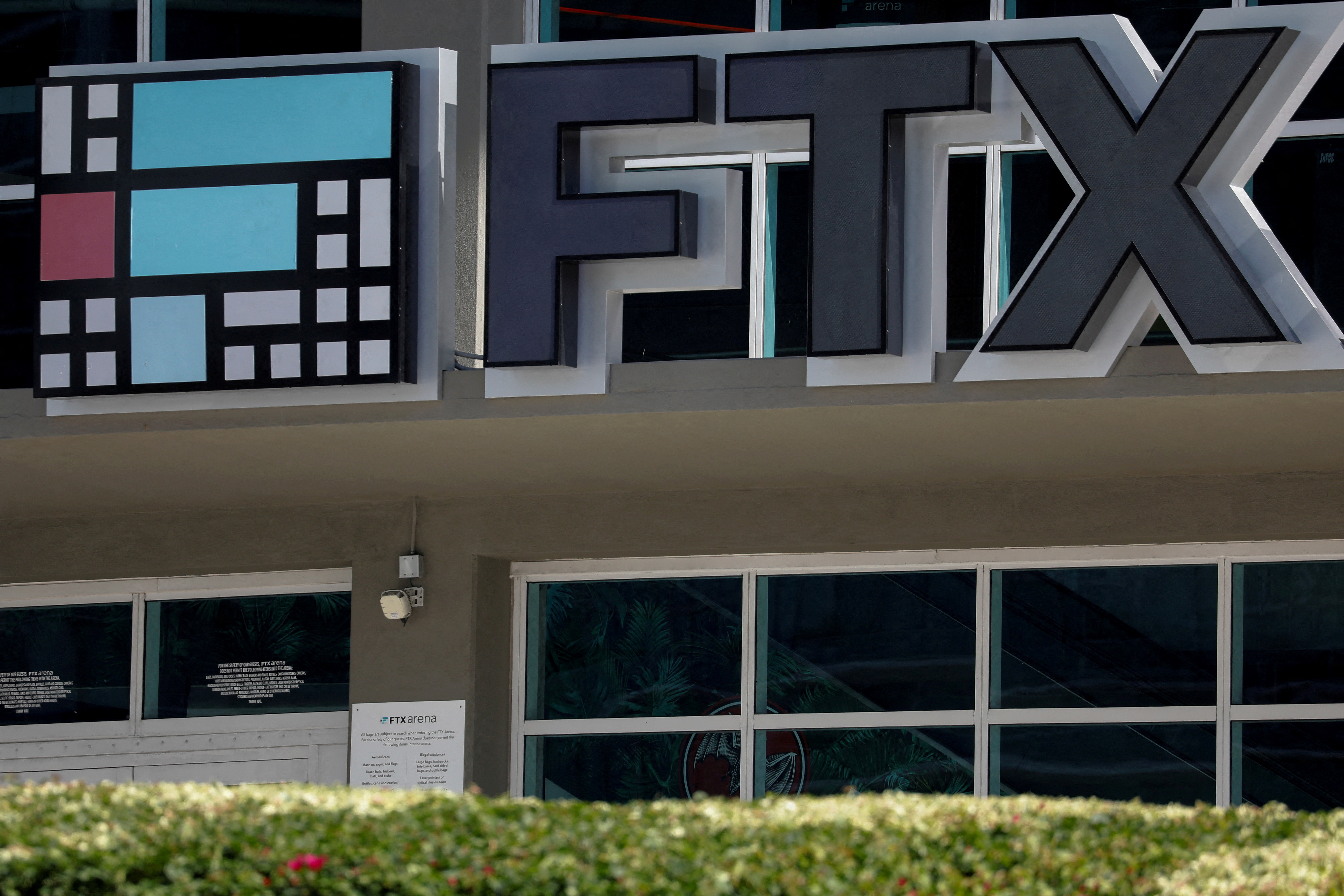Regulatory expert: FTX 'jurisdiction shopped' to locate in lax regulatory environment
FTX Digital will ask a judge to fold Bahamas liquidation into the US bankruptcy
FTX meltdown could grind crypto investment to a halt: Ann Berry
Threadneedle Ventures founder Ann Berry and Thru the Cycle founder John Lonski discuss how the financial collapse of FTX could ripple through the U.S. economy on 'Cavuto: Coast to Coast.'
The collapse of Sam Bankman-Fried's FTX Trading has become an international dispute, highlighting complications when an industry operates globally with little or no regulation.
"Investor confidence is markedly down as of late in no small part because of lack of regulatory clarity across the industry," said Aaron Kaplan, CEO and co-founder of Prometheum, a U.S-based SEC and FINRA-regulated digital asset securities trading platform.
A bankruptcy court in Delaware is scheduled to address the issue Tuesday. U.S.-based FTX Trading wants the court to consolidate a provisional liquidation proceeding in the Bahamas into the U.S. case.
Provisional liquidators for FTX's Bahamas entity filed a Chapter 15 petition last week, challenging the validity of the U.S.-based entity’s Chapter 11 bankruptcy filing. Provisional liquidators are appointed when it appears likely a company will not be able to pay its debts and needs to settle up with creditors. The court filing said Bahamas-based FTX Digital is presently cash flow insolvent and is likely to be balance sheet insolvent.

From right, Terrence A. Duffy, CEO of the Chicago Mercantile Exchange, Sam Bankman-Fried, CEO of FTX US Derivatives, Christopher Edmonds, chief development officer of the Intercontinental Exchange, and Christopher Perkins, president of CoinFund, test (Tom Williams/CQ-Roll Call, Inc via Getty Images / Getty Images)
WHO’S REALLY TO BLAME FOR FTX CRYPTO COLLAPSE?
Kaplan told FOX Business it is no surprise Bankman-Fried registered his company in the island nation.
"FTX.com jurisdiction shopped and chose arguably one of the least restrictive regulatory regimes and this choice certainly was a major factor in the events that have unfolded over the past week or so," he said.
Businesses should not relocate to another area solely in order to take advantage of the lack of or reduced regulatory requirements.
Similar international disputes may arise elsewhere if other cryptocurrency companies fail, creating difficulties for customers and other out-of-the-money creditors.
Kaplan said that even if crypto exchanges are required to register under local banking and securities laws, centralized exchanges and platforms often jurisdiction shop, meaning relocating from one location to another in order to optimize profits at the expense of compliance and ultimately the customer, which is very difficult to prevent.
"The unfortunate reality is that without comprehensive and robust crypto regulation across all jurisdictions and without strict limits on jurisdiction shopping—whereby crypto firms choose to relocate to a jurisdiction with less stringent laws and regulations—the onus will fall on the customer to evaluate many aspects of an exchange, including its location," Kaplan said.
Steve Forbes shares insight on FTX crypto scandal
Forbes Media Chairman Steve Forbes on President Biden's latest inflation remarks and the FTX collapse on 'Fox Business Tonight.'
He explained that the best way to return users' confidence, in major markets such as the United States, Hong Kong, Singapore and Japan, is to adopt and apply the most stringent regulatory regimes rules and frameworks.
Such laws would protect investors and ensure proper separation and treatment of customer funds and assets. In the U.S. this is done through federal securities laws.
CLICK HERE TO READ MORE ON FOX BUSINESS
Reuters contributed to this report.






















